1. The Color Purple (1985)
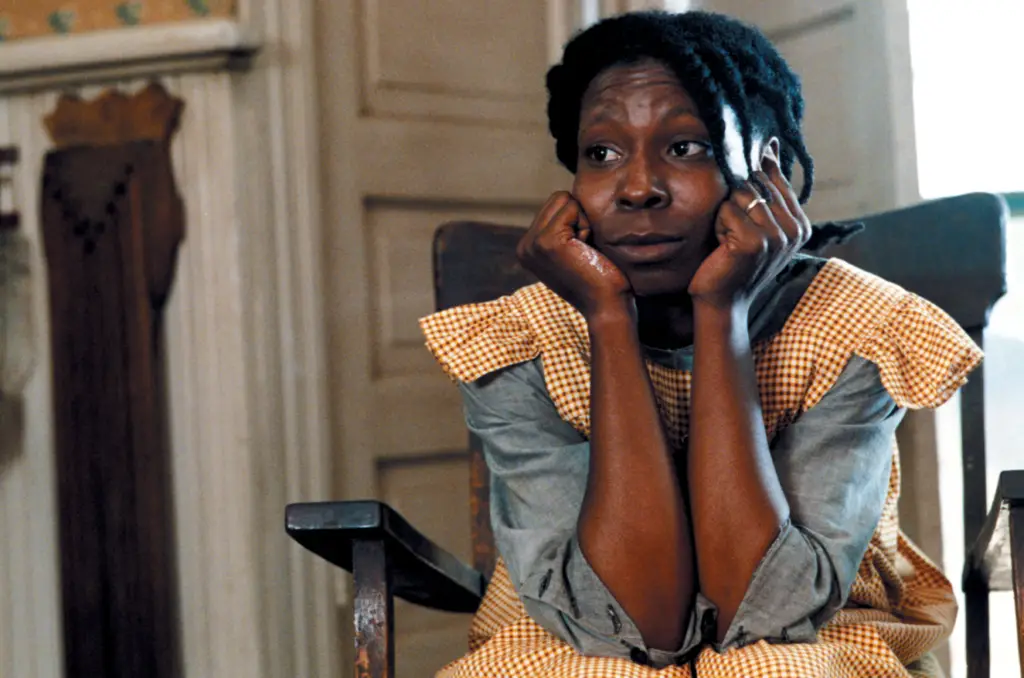
When The Color Purple hit theaters, it stunned audiences with its unflinching portrayal of African-American women’s lives in the early 20th century. The film, directed by Steven Spielberg, tackled issues of racism, sexism, and abuse while following the story of Celie, a young woman who endures decades of hardship before finding strength and independence. Despite being set in the 1930s, its themes of gender inequality and racial discrimination felt incredibly modern and resonant, even in the ’80s.
What was truly groundbreaking about the film was its focus on women’s empowerment and the emotional depth of its characters. Celie’s journey toward self-discovery, supported by a sisterhood of other strong women, was a rare and bold narrative for the time. In an era when many movies were still stuck in conventional gender roles, The Color Purple challenged the norms and presented an emotional, progressive storyline that continues to resonate today.
2. 9 to 5 (1980)
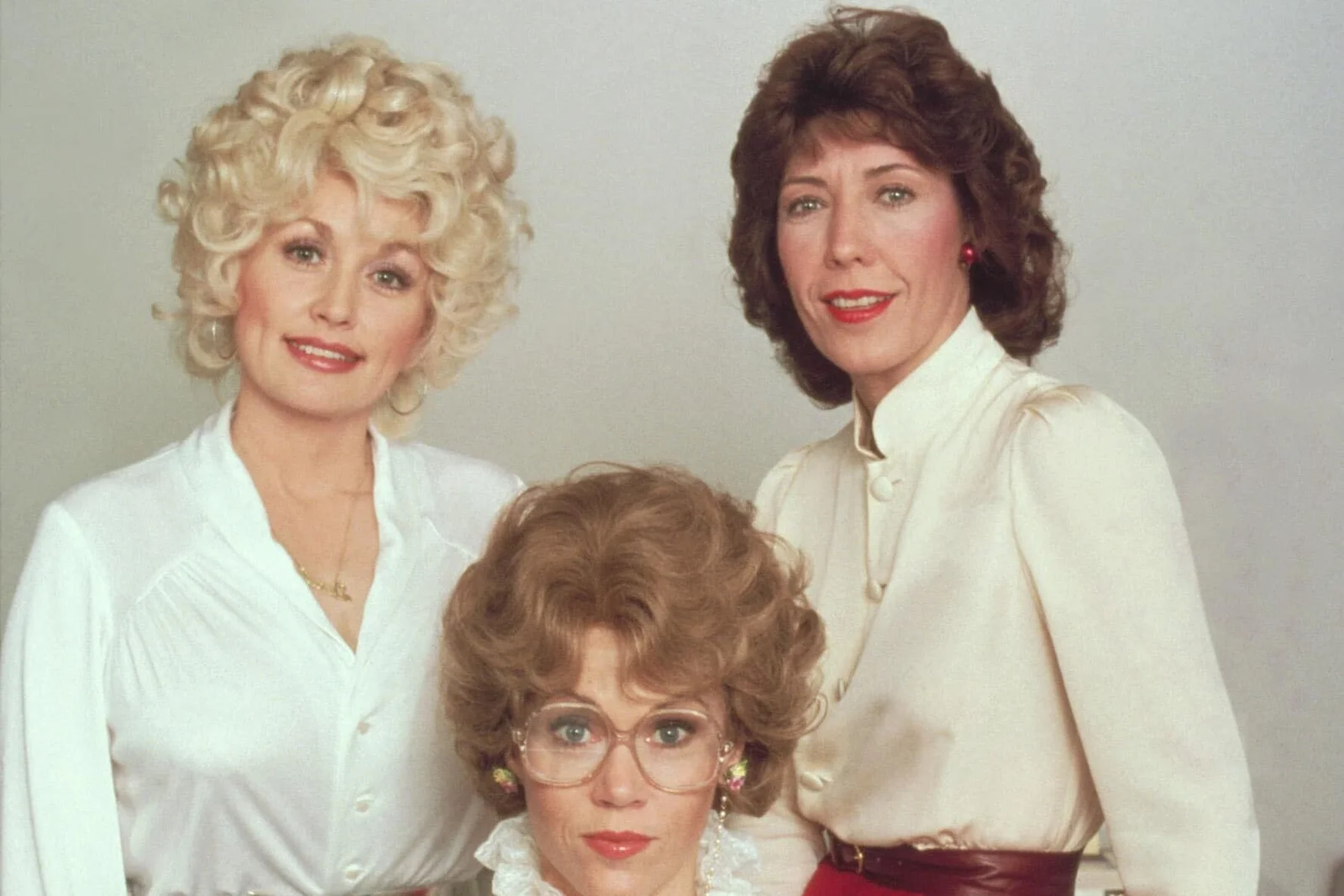
9 to 5 was a comedy that became a feminist anthem of the ’80s. Starring Dolly Parton, Jane Fonda, and Lily Tomlin, it told the story of three women who work in a male-dominated office and band together to stand up against their sexist, tyrannical boss. At the time, workplace inequality was still rampant, and 9 to 5 used humor to shed light on real issues such as sexual harassment, gender pay disparity, and the limitations placed on women in the workplace.
The movie’s progressive message was clear: women could be powerful allies to each other and change the system from within. It encouraged women to fight for their rights, demand respect, and find solidarity with one another, making it not just a fun comedy, but a bold call for gender equality. The film’s success and enduring popularity show how ahead of its time its message was.
3. The Breakfast Club (1985)
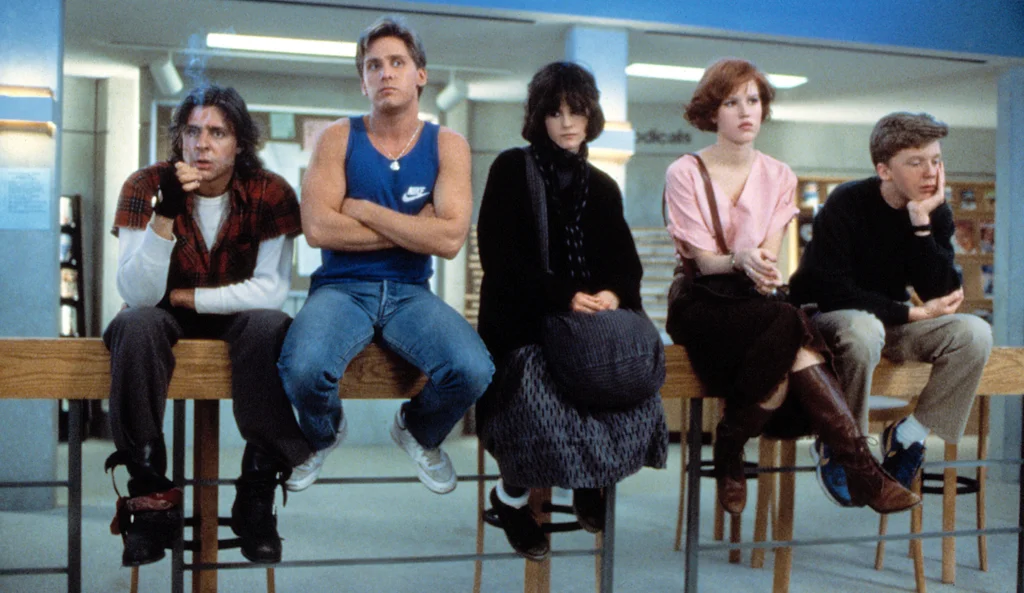
John Hughes’ The Breakfast Club might be remembered for its iconic characters and memorable quotes, but it was also a surprisingly progressive film in its exploration of teen identity. Set in a Saturday detention, the movie brings together five high school students from different social groups—jocks, geeks, rebels, and outsiders. What starts as a simple exercise in stereotypes gradually becomes an exploration of deeper issues like societal pressure, mental health, and the need for self-expression.
What makes The Breakfast Club stand out as progressive for its time is the way it breaks down high school cliques and shows the humanity of each character. By the end of the film, the teens realize they have more in common than they thought, challenging the idea that their identities are strictly defined by their social roles. It’s a message about empathy, connection, and the power of seeing beyond the surface—issues that still resonate with audiences today.
4. Moonstruck (1987)
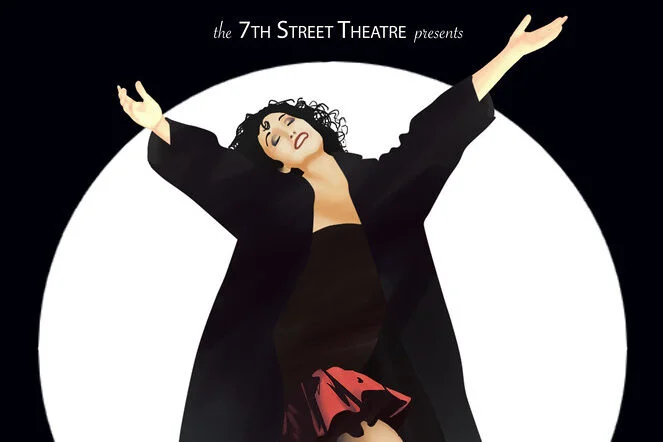
Moonstruck might have seemed like a quirky romantic comedy on the surface, but it tackled some surprisingly progressive themes. The film centers on Loretta Castorini, a widowed Italian-American woman who falls for her fiancé’s brother, creating a love triangle that’s both hilarious and emotionally charged. What made it unique was its portrayal of a woman in her 30s exploring love, family, and personal fulfillment, all while breaking away from societal expectations about age, romance, and traditional gender roles.
Loretta’s character, played by Cher, was a departure from typical ’80s female protagonists. She wasn’t a girl finding her place in the world, but a woman at a crossroads, fully capable of making her own choices and grappling with the complexities of love and life. Moonstruck didn’t just tell a story of romance—it was a subtle critique of the limitations placed on women and a celebration of independence and self-discovery in midlife.
5. Tootsie (1982)
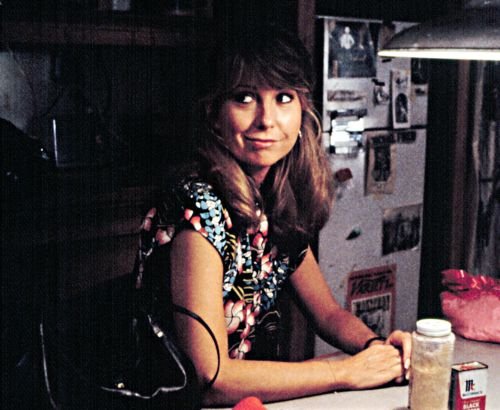
In Tootsie, Dustin Hoffman’s character, Michael, goes to extraordinary lengths to get a role on a soap opera by disguising himself as a woman. What makes the film so groundbreaking is how it explores gender roles and the way society treats women in the workplace. While much of the comedy is centered around Michael’s discomfort in a female disguise, the film also dives deep into the expectations and limitations placed on women, making it a smart commentary on sexism.
What was truly progressive about Tootsie was how it used humor to highlight the absurdity of gender norms. The film’s ultimate message was about how unfair and restrictive these norms are, both for women and men. It challenged the audience to rethink their assumptions about gender and empathy, all while wrapping up in a comedic, feel-good package.
6. A League of Their Own (1992)
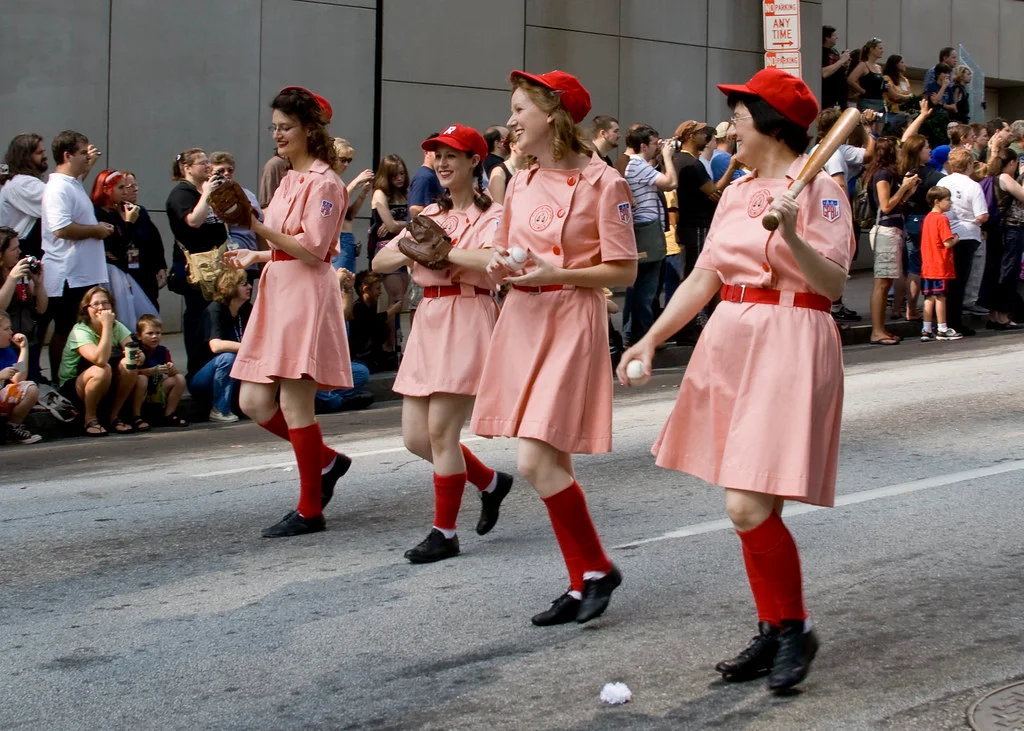
Though it technically falls just outside the ’80s, A League of Their Own is an essential inclusion on any list of progressive films. Set during World War II, it follows the formation of the All-American Girls Professional Baseball League, a real-life initiative that allowed women to play professional baseball while the men were away at war. The film focused on the lives of the women involved, particularly the rivalry between Dottie and Kit, two sisters on the same team.
A League of Their Own* was progressive for its depiction of women in sports and their struggle for respect in a male-dominated field. It challenged traditional gender roles by showing that women were not only capable of playing baseball but excelling at it. It also addressed the societal expectations of women in the ’40s, encouraging viewers to see women as athletes and warriors in their own right. Though it was released in the early ’90s, its feminist message about breaking barriers still felt ahead of its time.


